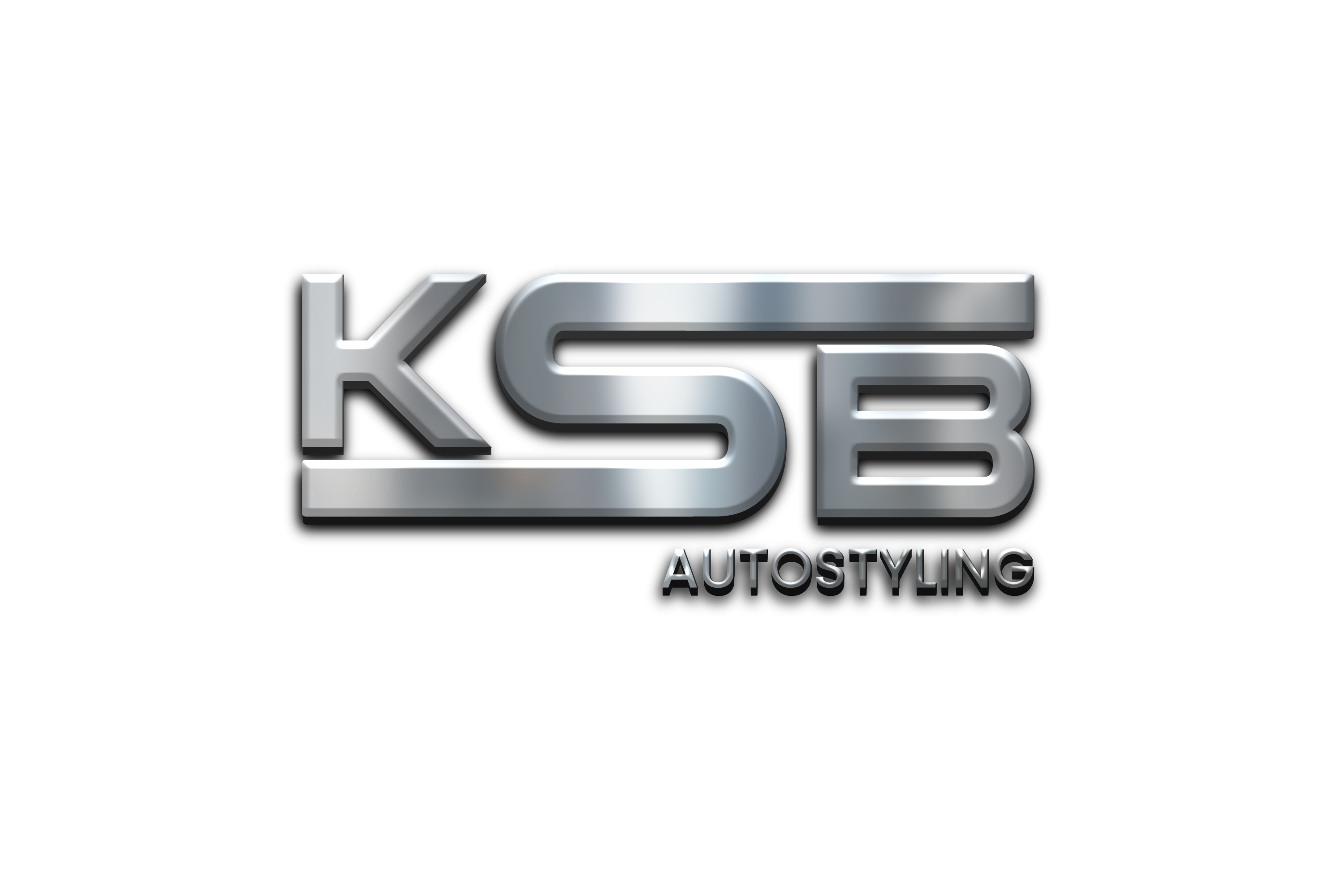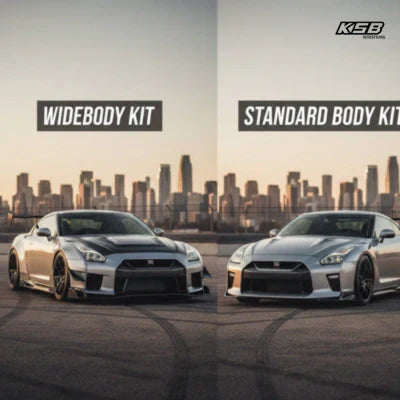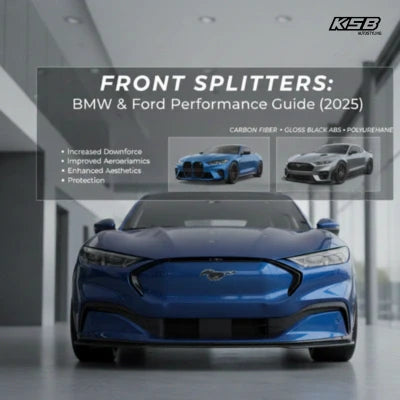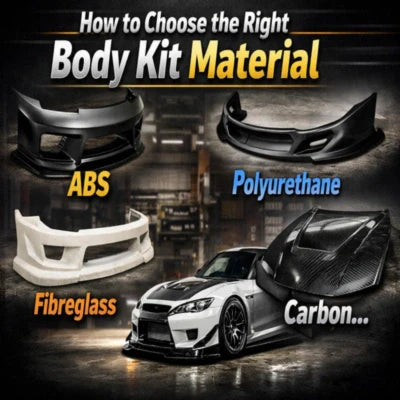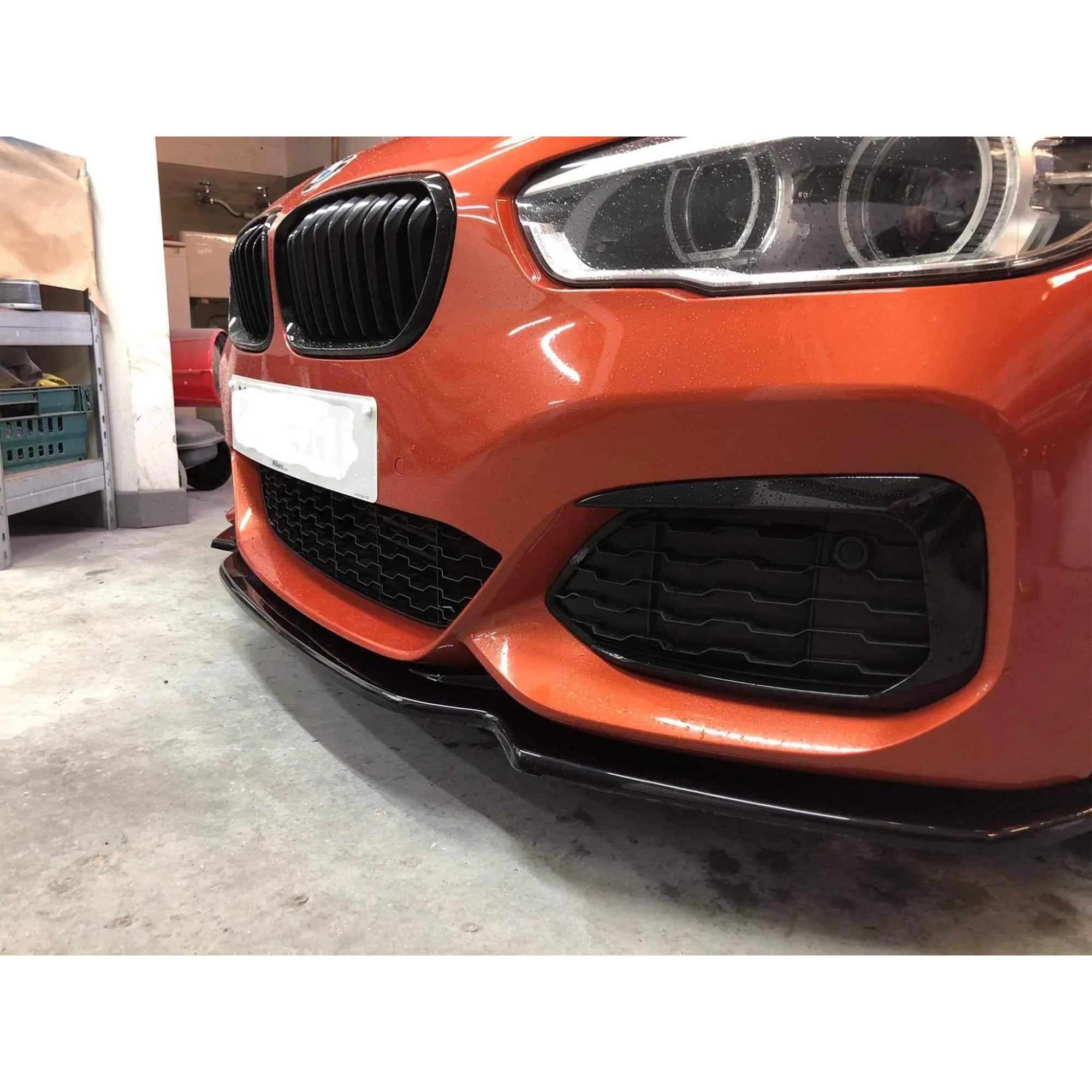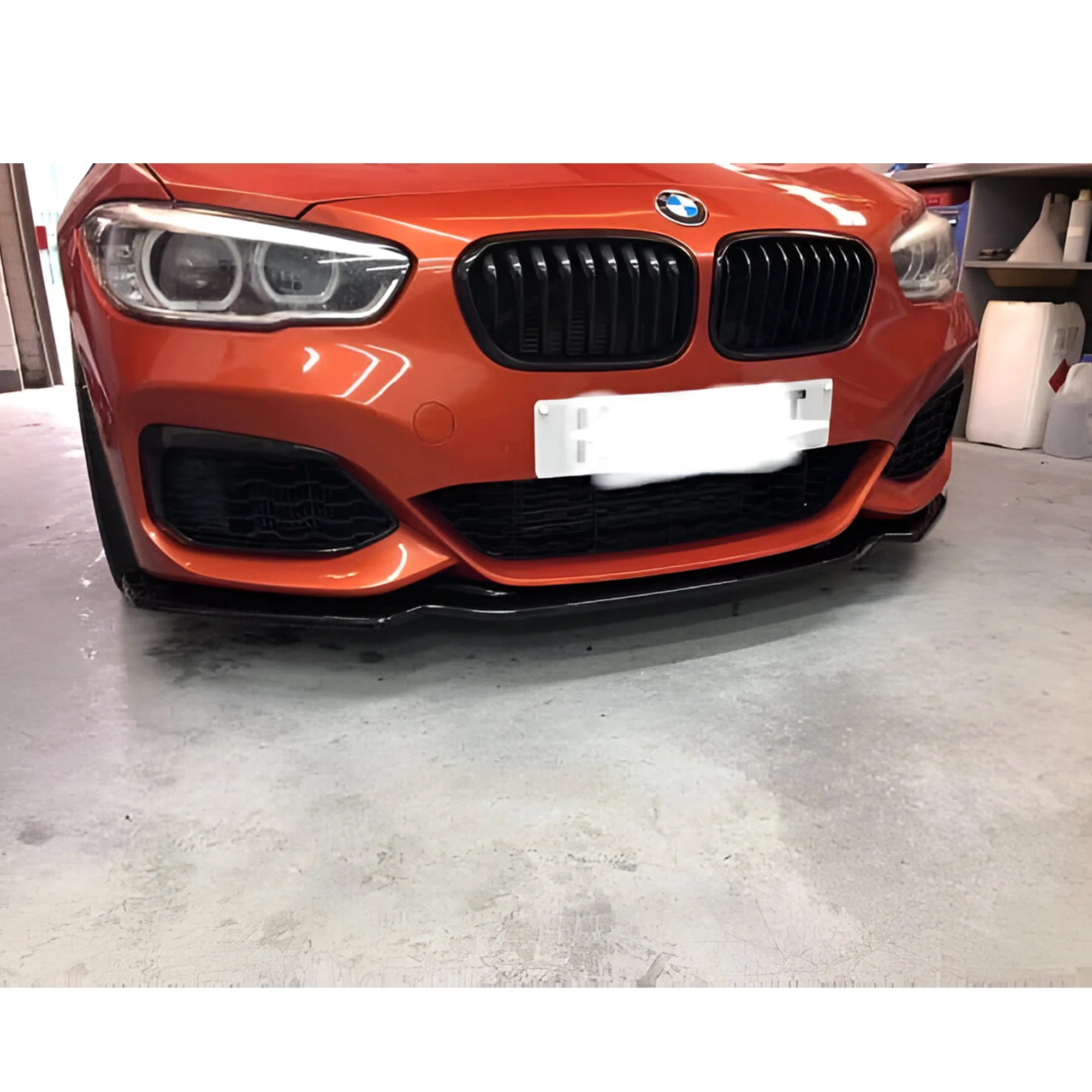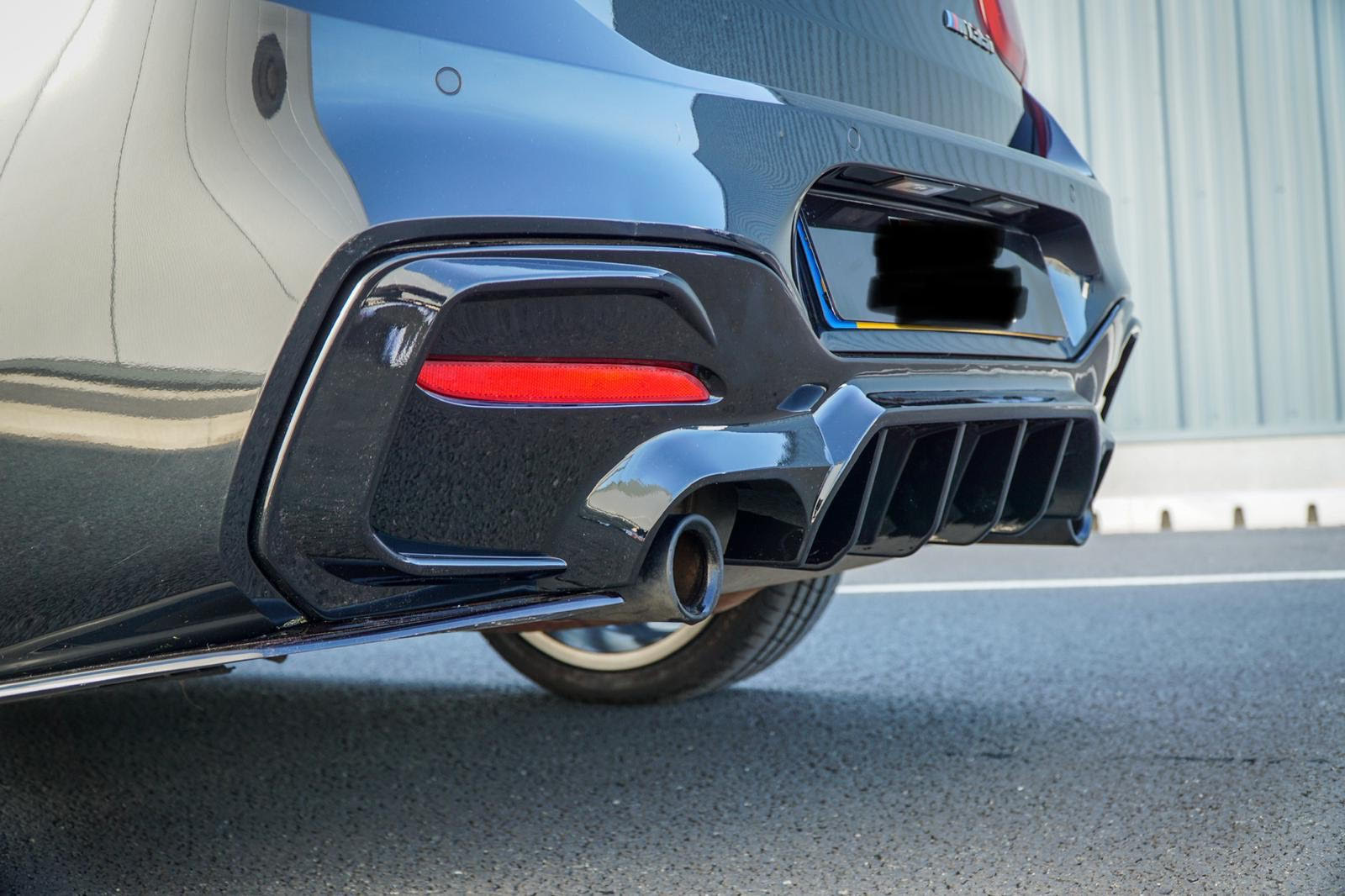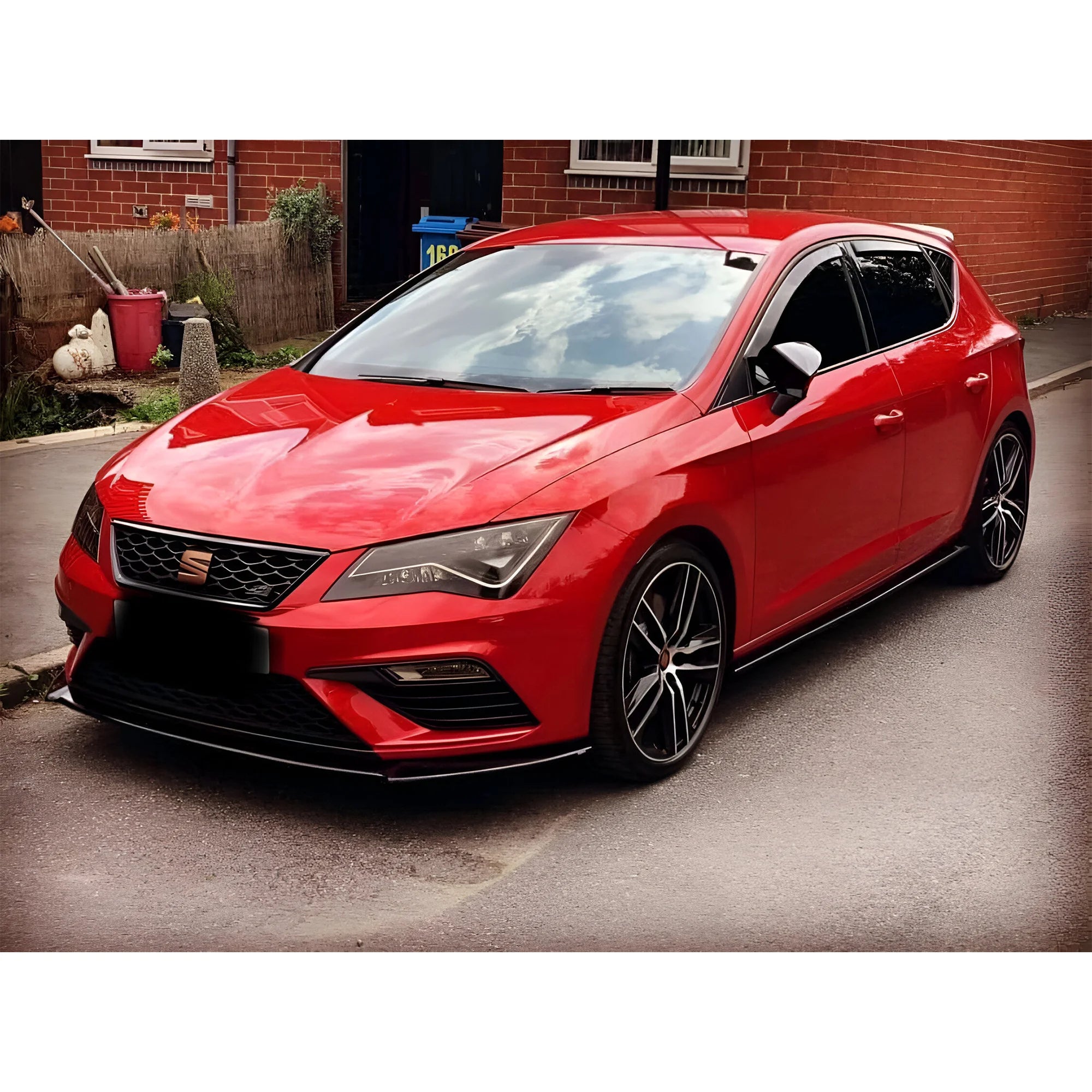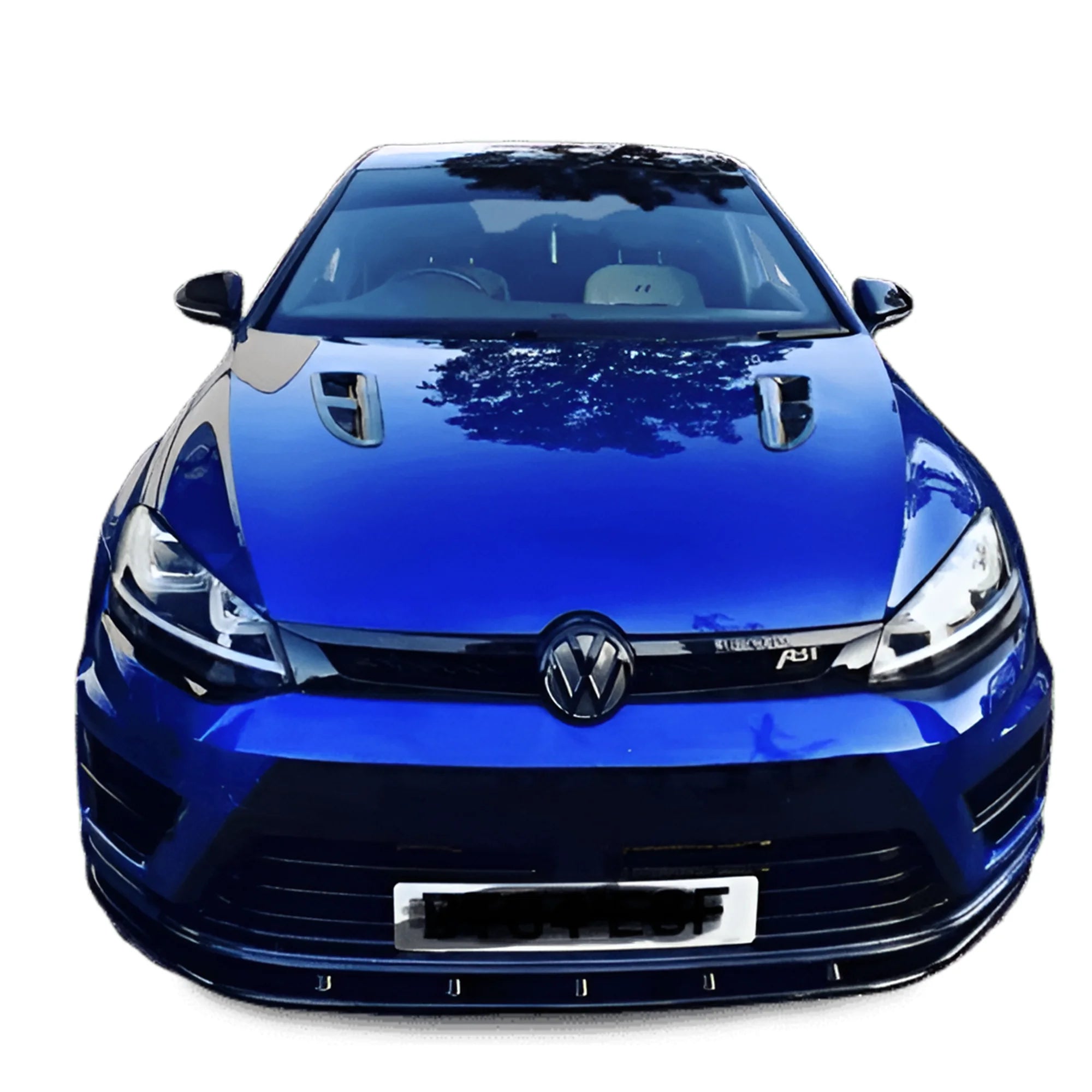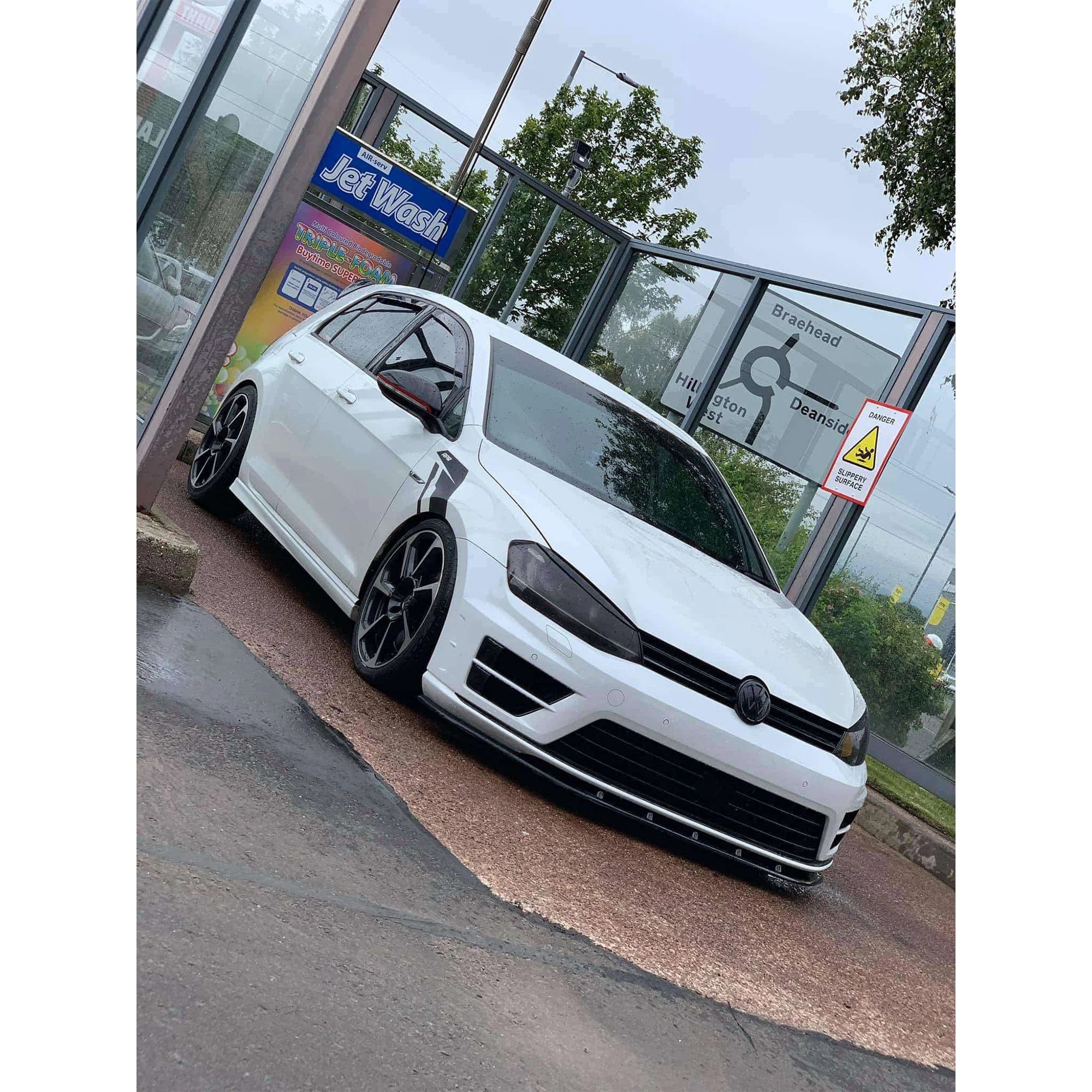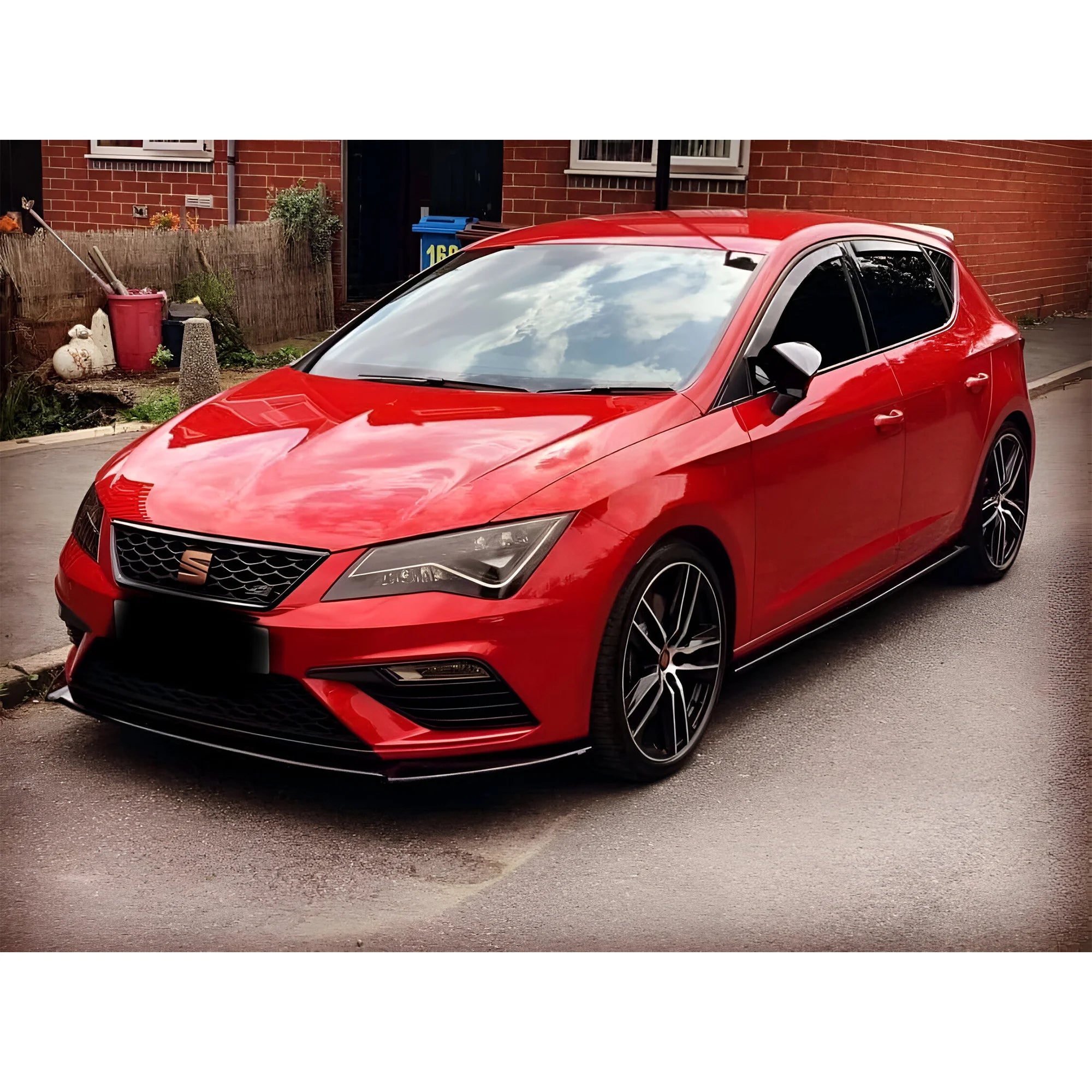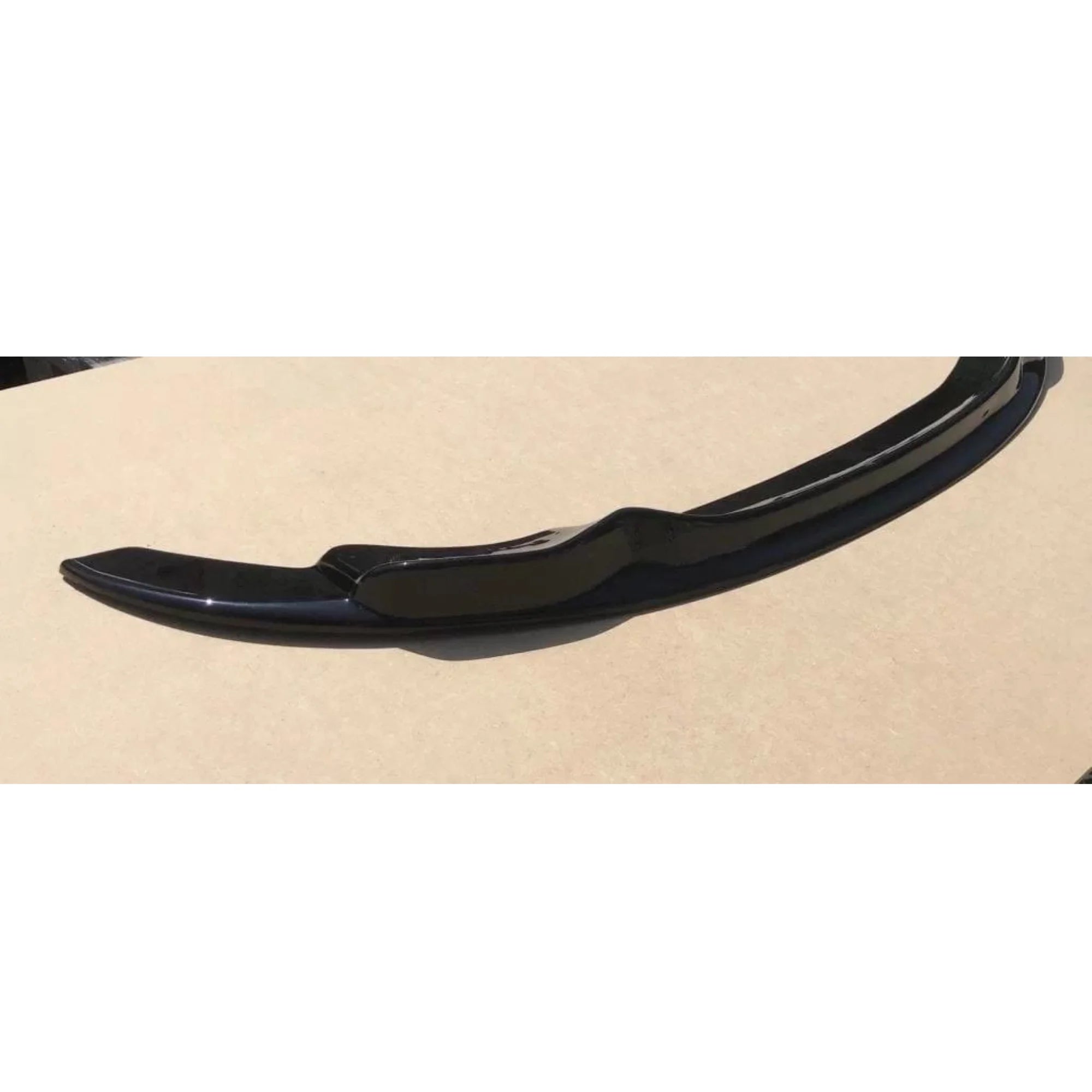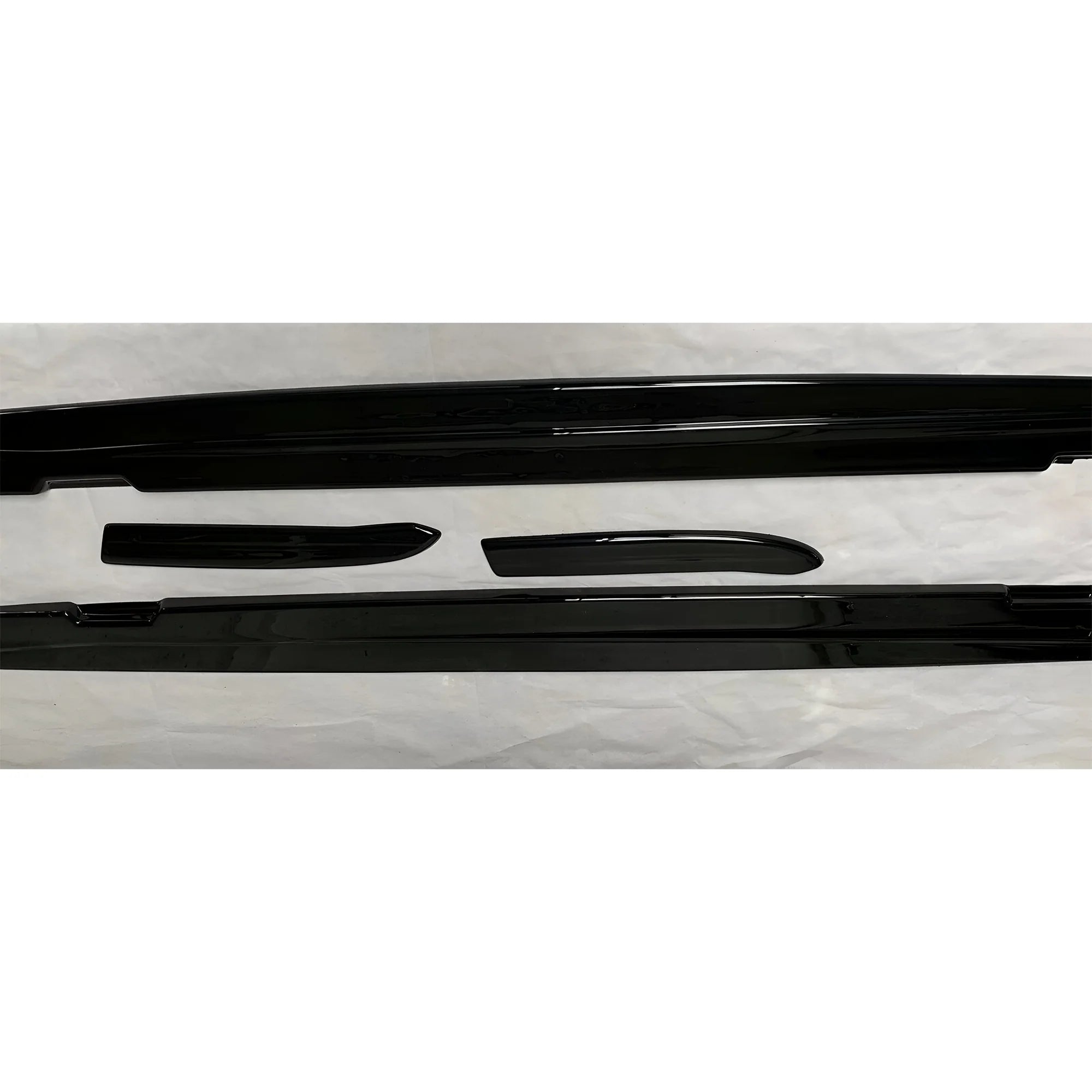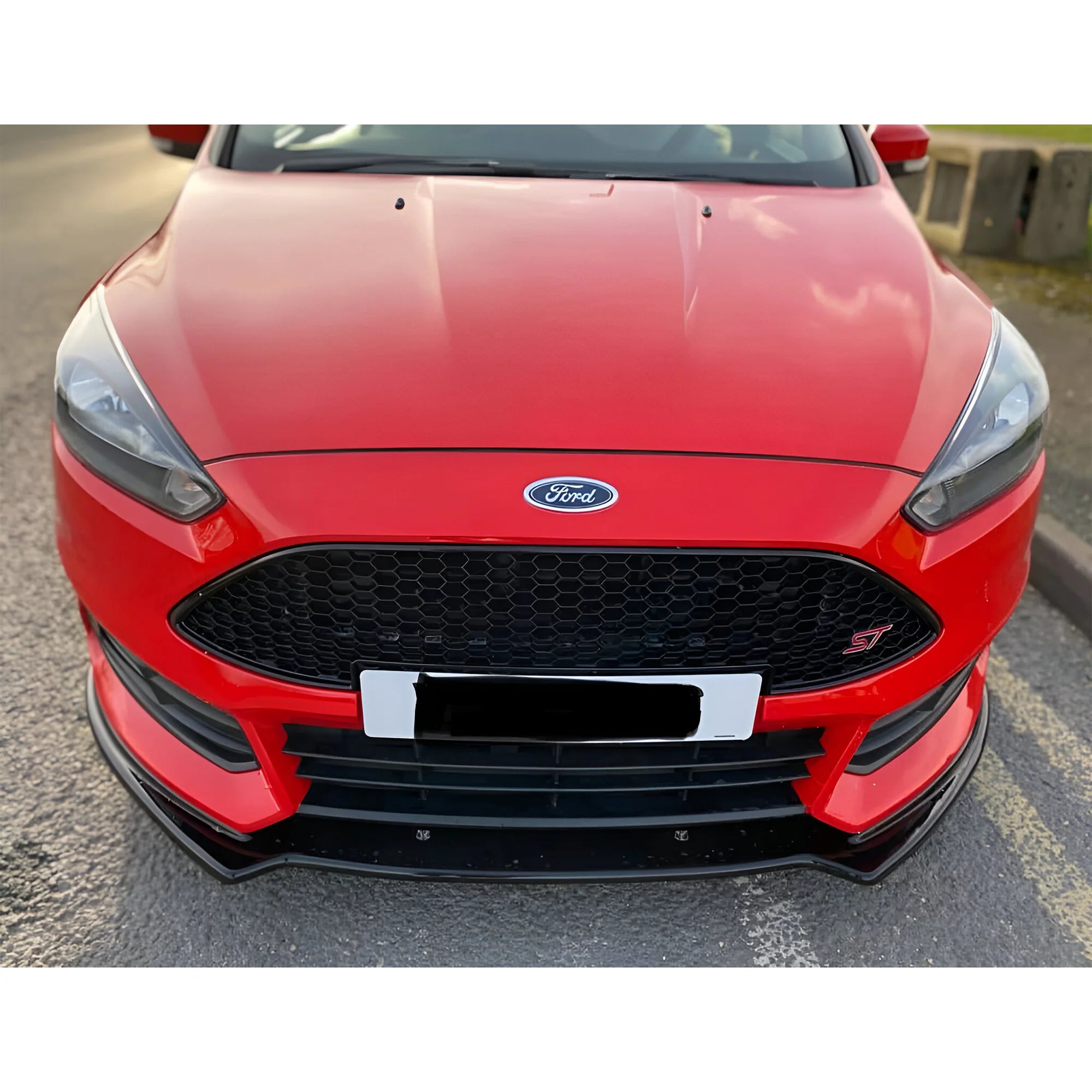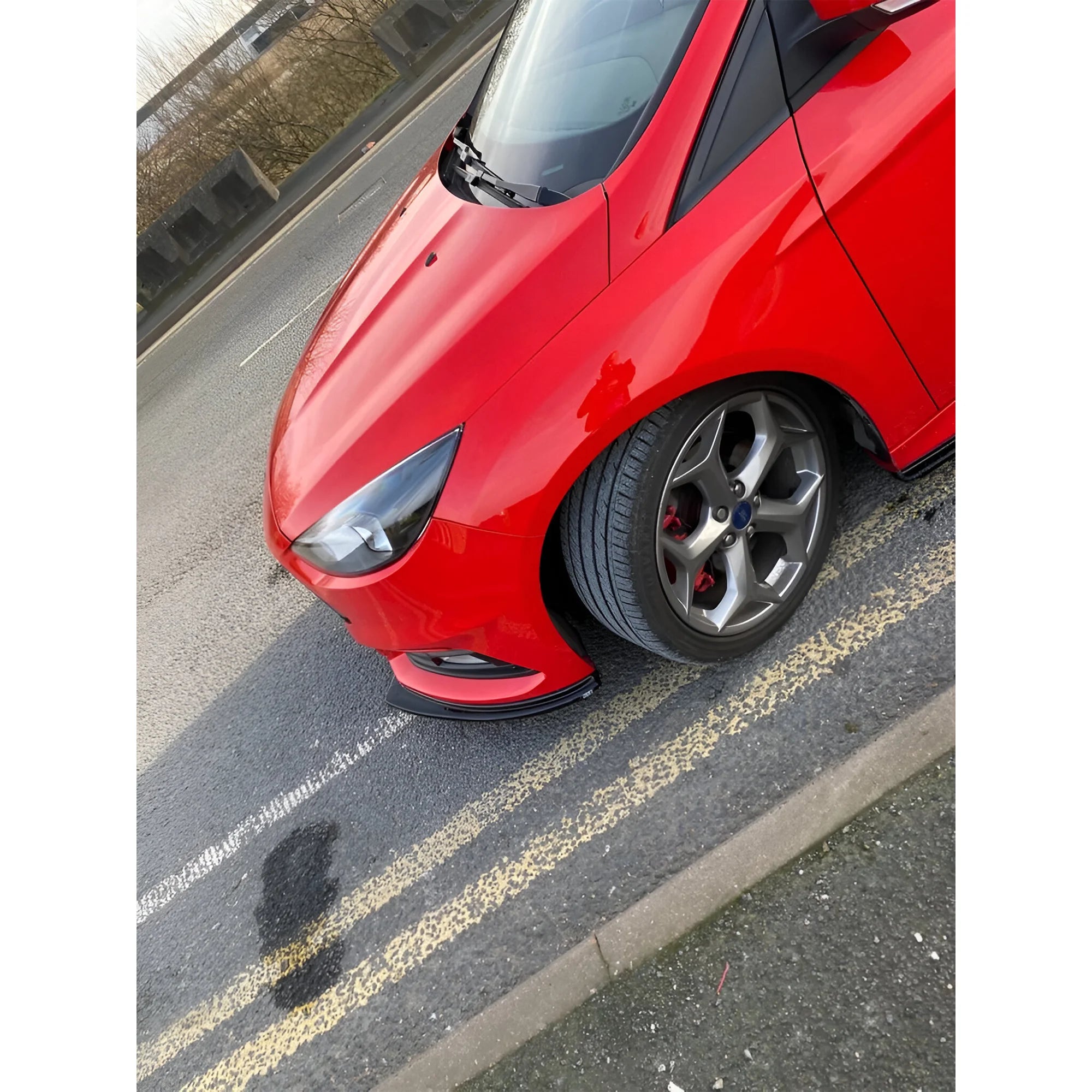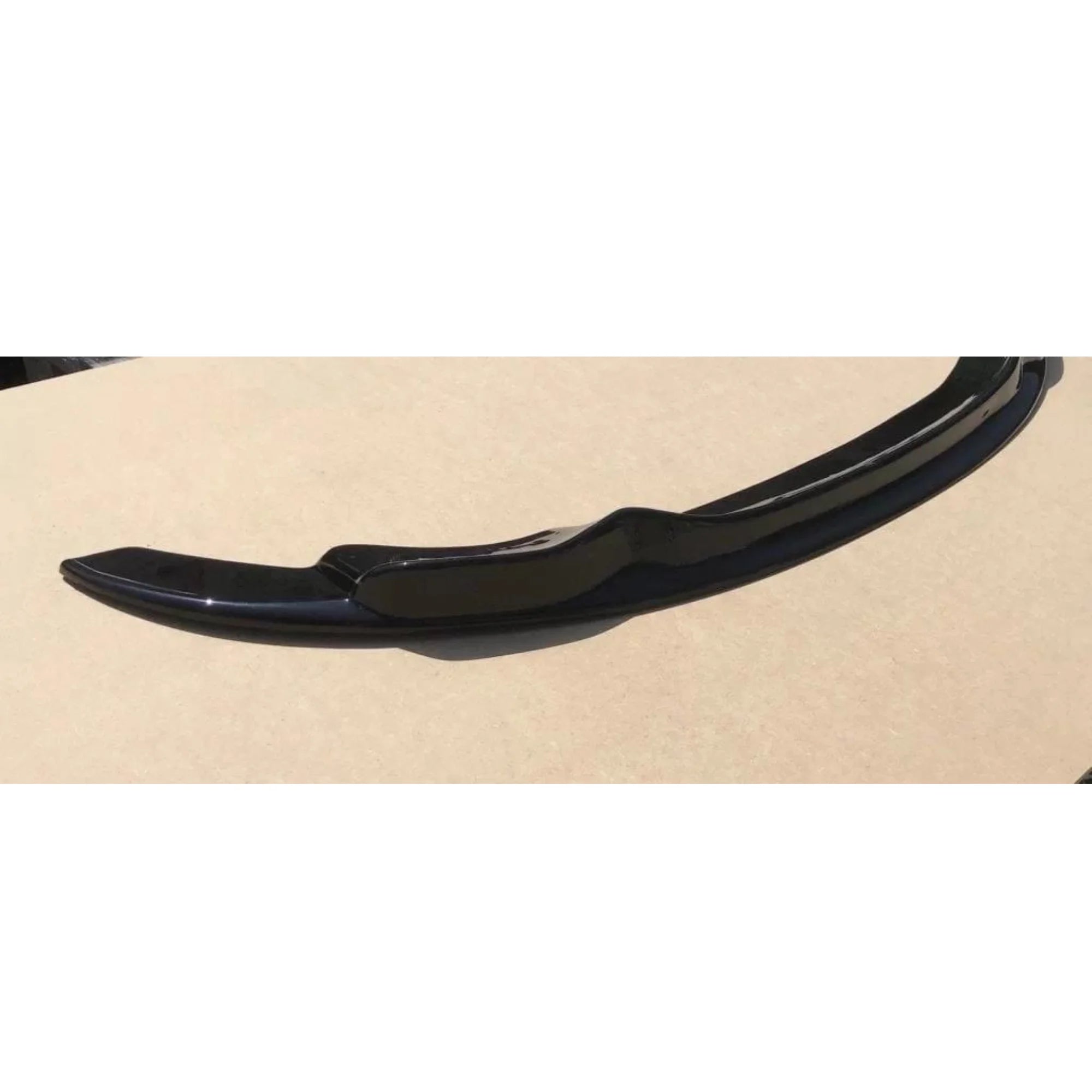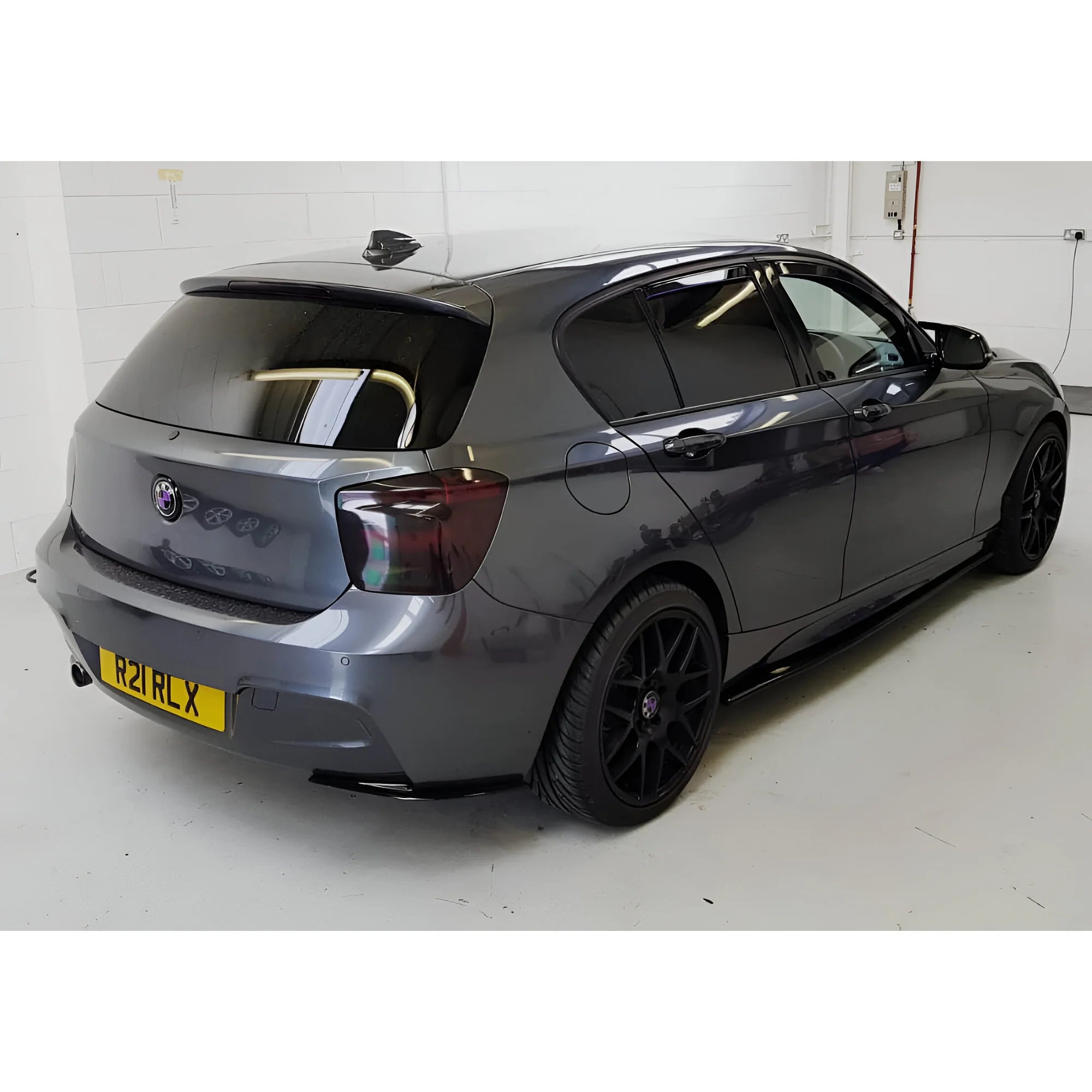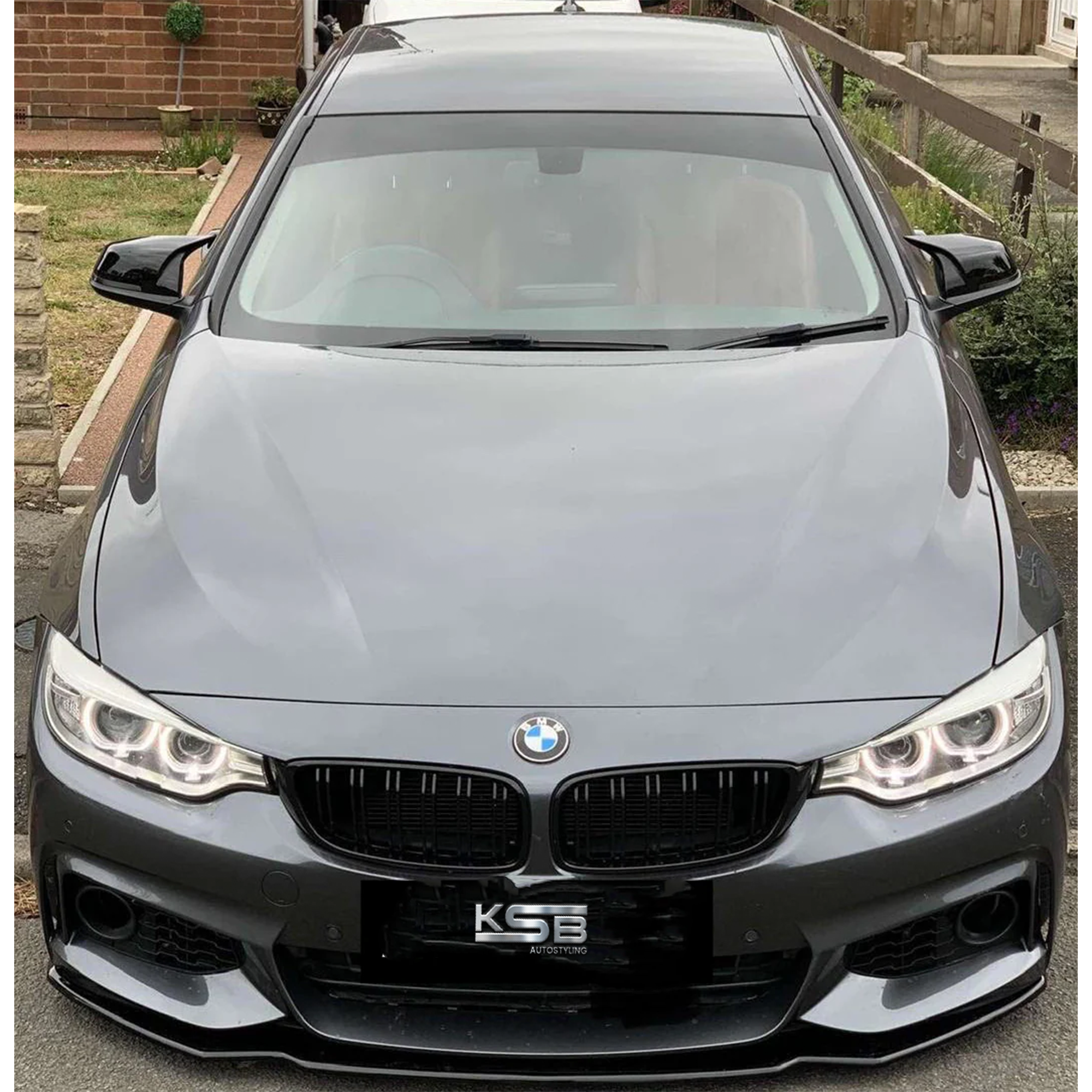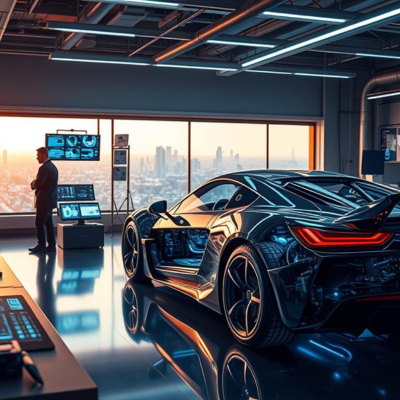
The Role of Technology in Modern Car Customisation

The automotive customisation landscape is undergoing a significant transformation, driven by technological advancements that are revolutionising the way you personalise your vehicle.
With the integration of software, 3d printing, and augmented reality, the possibilities for individual expression have expanded dramatically, enabling you to tailor your car to your unique preferences and driving experience.
 The Role of Technology in Modern Car Customisation
The Role of Technology in Modern Car Customisation
As a result, the traditional approach to car customisation is giving way to a more dynamic and tech-integrated approach, where innovation and personalisation are at the forefront.
Key Takeaways
- Technological advancements are transforming the automotive customisation industry.
- Software, 3d printing, and augmented reality are driving vehicle personalisation.
- Modern car customisation enables unprecedented levels of individual expression.
- Consumer preferences are evolving alongside technological innovations.
- The relationship between drivers and their vehicles is becoming more personalised and responsive.
For more information on modern car customisation technologies, please contact us at +447931222240.
The Evolution of Automotive Customisation
Car customisation has evolved substantially, driven by advancements in technology and changing consumer preferences. You have witnessed a significant shift from traditional customisation methods to more sophisticated, digitally-driven approaches.
From Physical Modifications to Digital Transformations
In the past, car customisation focused on physical modifications such as adjustable suspension, paint colours, wheel designs, and interior finishes. These changes allowed car owners to express their individuality within a limited scope. However, with technological advancements, the industry has moved towards more digitally-oriented personalisation, including interior cameras, biometric sensors, and smart keys.
The integration of digital technologies has transformed the vehicle experience, offering a level of personalisation that is both functional and interactive. For instance, modern vehicles can be equipped with advanced driver-assistance systems (ADAS) that enhance driving experiences.
|
Customisation Aspect |
Traditional Approach |
Modern Digital Approach |
|
Aesthetics |
Custom paint jobs, alloy wheels |
Digital interior lighting, custom display themes |
|
Performance |
Engine tuning, aftermarket parts |
Software-based performance tuning, predictive maintenance |
|
Comfort & Convenience |
Adjustable suspension, premium interiors |
Biometric sensors, smart keys, personalised infotainment |
How Consumer Expectations Are Driving Change
Changing consumer expectations have pushed automakers to rethink their approach to vehicle design and customisation options. Drivers' increasing familiarity with personalised digital experiences in other aspects of their lives has created new demands for similar experiences in their vehicles.
In response, automotive manufacturers have developed more flexible and customisable vehicle platforms, enabling a higher degree of personalisation. This shift towards software-defined modifications has opened up new possibilities for vehicle personalisation that weren't previously feasible.
A sleek, customised sports car takes centre stage, its metallic body panels reflecting the warm glow of the sunset. The vehicle is adorned with a custom paint job, intricate body kit, and high-performance aftermarket parts, showcasing the owner's passion for automotive personalisation.
In the foreground, a close-up view captures the intricate details of the car's grille, headlights, and aerodynamic side mirrors, while the background blurs softly, creating a sense of depth and focus. The scene is bathed in a golden light, evoking a sense of pride, craftsmanship, and the evolution of the modern automotive customisation industry.
Key Technologies Revolutionising Car Customisation
Technological advancements are redefining the landscape of car customisation, offering unprecedented levels of personalisation and performance. The integration of innovative technologies is transforming the automotive industry, enabling the creation of bespoke vehicles that cater to individual preferences and driving habits.
3D Printing and Additive Manufacturing
3d printing and additive manufacturing are revolutionising the production of custom car parts, allowing for complex designs that were previously unattainable. These technologies enable rapid prototyping and on-demand manufacturing, reducing production time and increasing design freedom.
You can now create intricate interior trim pieces and complex exterior panels with ease, thanks to the advancements in 3d printing technology. This has opened up new avenues for car customisation, allowing vehicle owners to personalise their cars to a greater extent.
Artificial Intelligence and Machine Learning Applications
Artificial intelligence (AI) and machine learning (ML) are being applied to vehicle customisation, enabling predictive maintenance and adaptive performance tuning based on driving habits. AI systems can analyse vast amounts of data to optimise vehicle settings for individual drivers, creating a truly personalised driving experience.
By leveraging AI and ML, car manufacturers can offer bespoke vehicle configurations that cater to the specific needs and preferences of drivers. This technology has the potential to revolutionise the automotive industry, making car customisation more accessible and personalised.
A meticulously engineered car on a sleek, modern showroom floor, bathed in warm, directional lighting that accentuates its customised features. The foreground showcases intricate details - bespoke carbon fibre accents, a custom paint job with a mesmerising metallic sheen, and precision-machined alloy wheels that gleam.
In the middle ground, a virtual reality display depicts real-time visualisations of possible modifications, while in the background, cutting-edge 3d printing and CNC machining equipment hint at the breadth of customisation technologies available. The overall scene conveys a sense of innovation, precision, and the endless possibilities of modern car customisation.
Augmented Reality and Virtual Reality Tools
Augmented reality (AR) and virtual reality (VR) tools are transforming the customisation process, allowing you to visualise modifications before they're implemented. These technologies provide a highly immersive and interactive experience, enabling real-time previews of potential customisations.
With AR/VR, you can explore different customisation options and see how they would look on your vehicle, making it easier to make informed decisions about your car's design and performance.
Advanced Materials and Nanotechnology
The development of advanced materials and nanotechnology is creating new possibilities for vehicle customisation. These materials enable the creation of custom body panels and components that enhance performance and efficiency.
For instance, lightweight, high-strength materials can be used to create custom components that improve a vehicle's power-to-weight ratio, resulting in better performance and fuel efficiency.
|
Technology |
Application in Car Customisation |
Benefits |
|
3D Printing |
Production of custom car parts |
Rapid prototyping, design freedom |
|
AI and ML |
Predictive maintenance, performance tuning |
Personalised driving experience |
|
AR/VR |
Visualisation of customisations |
Improved decision-making |
|
Advanced Materials |
Custom body panels and components |
Enhanced performance, efficiency |
The Role of Technology in Modern Car Customisation Trends
The modern car customisation landscape is being reshaped by technological innovations. You are now able to personalise your vehicle to a greater extent than ever before, thanks to advancements in software, hardware, and connectivity.
Personalised Performance Tuning Through Software
Software-defined performance is revolutionising the way you customise your vehicle's driving characteristics. Engine control units (ECUs) are becoming increasingly sophisticated, allowing for precise control over various parameters. You can now switch between pre-set driving modes, such as sport, comfort, or eco, or create custom profiles that tailor the engine's response, suspension settings, and steering feel to your preferences.
Interior Customisation and Enhanced User Experience
Interior customisation is also being transformed by technology. You can now personalise the ambience of your vehicle's interior with custom lighting systems that offer a wide range of colour and intensity options. Configurable displays and adaptive comfort systems further enhance the user experience, making your driving experience more enjoyable and comfortable.
Connected Car Technologies and Over-the-Air Updates
Connected car technologies are enabling new forms of customisation through over-the-air updates and integration with other digital services. You can now receive software-based enhancements and updates remotely, allowing your vehicle to evolve over time and gain new features and capabilities without requiring physical modifications.
Sustainable and Eco-Friendly Customisation Options
The trend towards sustainable customisation options is growing, with eco-friendly materials and modifications that improve efficiency without compromising performance. You can now opt for environmentally friendly customisation choices that not only reduce your vehicle's environmental impact but also enhance your driving experience.
By embracing technology, you can enjoy a more personalised driving experience, with features and services tailored to your preferences. As the automotive industry continues to evolve, we can expect to see even more innovative customisation options emerge.
Overcoming Challenges in Tech-Driven Car Customisation
As the automotive industry continues to embrace technological advancements, it faces numerous challenges in implementing tech-driven car customisation. You are likely aware that the increasing complexity of vehicle systems and the demand for personalised experiences have introduced several hurdles that need to be addressed.
Cybersecurity and Data Privacy Concerns
The growing connectivity of vehicles has made them vulnerable to cyberattacks and data breaches. You need to understand that robust security measures are essential to protect sensitive user data and prevent unauthorised access to vehicle systems. The collection and use of driver data for personalisation features raises important questions about privacy and security that automakers must address.
Regulatory Compliance and Safety Standards
Customisations must comply with safety and emissions regulations to ensure that vehicles remain roadworthy and environmentally friendly. You should be aware that modifications should not compromise vehicle safety, and they should be thoroughly tested to ensure they meet safety standards. The complex regulatory landscape surrounding vehicle modifications creates challenges for global vehicle platforms designed to support extensive customisation.
Accessibility and Affordability Issues
Advanced customisation technologies can be expensive, potentially creating a divide between those who can afford personalised vehicles and those who cannot. You need to consider the accessibility and affordability issues that could create a digital divide in vehicle customisation, with advanced features potentially available only to those who can afford them.
Balancing Innovation with Practicality
The need to balance innovation with practicality is crucial in automotive customisation. You should understand that customisations must be durable and maintain their quality over time to ensure that they provide long-lasting value. The industry is working to overcome these challenges while continuing to push the boundaries of what's possible in vehicle personalisation, including maintenance considerations and the need for long-term support of digital features.
Conclusion
The future of car customisation is on the horizon, driven by technological advancements and shifting consumer demands. As you've seen, the automotive industry is on the cusp of a revolution, with technology playing a pivotal role in shaping the future of vehicle personalisation.
Technologies such as AI, machine learning, and advanced manufacturing are converging to enable new levels of customisation that extend beyond what's currently possible. You'll gain a comprehensive understanding of how these technologies will continue to transform automotive personalisation in the coming years, creating vehicles that are more responsive to your individual preferences and needs.
The automotive industry is likely to evolve significantly as personalisation becomes a central focus, potentially changing business models and the relationship between consumers and automakers. Future vehicles might be designed from the ground up to support extensive customisation, with modular components and software-defined systems becoming standard features.
As personalisation technologies continue to advance, they might extend beyond individual vehicles to create customised mobility experiences that adapt to changing needs and circumstances. You'll understand how these advancements might address current challenges while creating new opportunities for innovation in the automotive sector.
For more information about cutting-edge car customisation technologies and services, you can contact our team of experts at +447931222240, who can help you explore the options available for your vehicle.
FAQ
Q: How do automotive companies ensure cybersecurity in customised vehicles?
A: Companies implement robust cybersecurity measures, such as encryption and secure software updates, to protect customised vehicles from potential threats.
Q: Can artificial intelligence enhance the driving experience in customised cars?
A: Yes, AI can improve the driving experience by providing personalised settings, predictive maintenance, and advanced driver assistance systems.
Q: What is the significance of 3d printing in modern car customisation?
A: 3d printing enables the creation of complex components, reduces production time, and allows for greater design flexibility, making it a valuable tool in car customisation.
Q: How do connected car technologies impact car customisation?
A: Connected car technologies enable over-the-air updates, remote diagnostics, and enhanced infotainment systems, allowing for more convenient and personalised driving experiences.
Q: Are sustainable and eco-friendly customisation options available?
A: Yes, many manufacturers now offer eco-friendly customisation options, such as recycled materials, bioplastics, and energy-efficient components, to reduce environmental impact.
Q: How do regulations affect tech-driven car customisation?
A: Regulations play a crucial role in ensuring safety standards and compliance in tech-driven car customisation, with manufacturers required to adhere to strict guidelines.
Q: Can advanced materials and nanotechnology improve vehicle performance?
A: Yes, advanced materials and nanotechnology can enhance vehicle performance by providing lighter, stronger, and more durable components.
Q: How do driving modes and personalisation features work?
A: Driving modes and personalisation features allow drivers to customise their driving experience by adjusting settings such as suspension, engine response, and infotainment systems.

